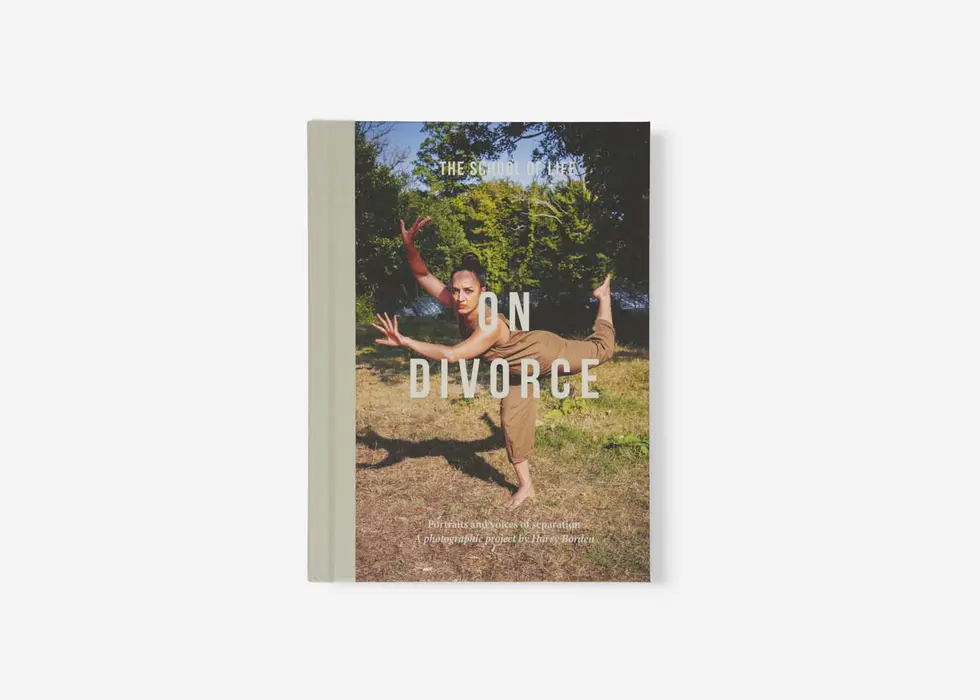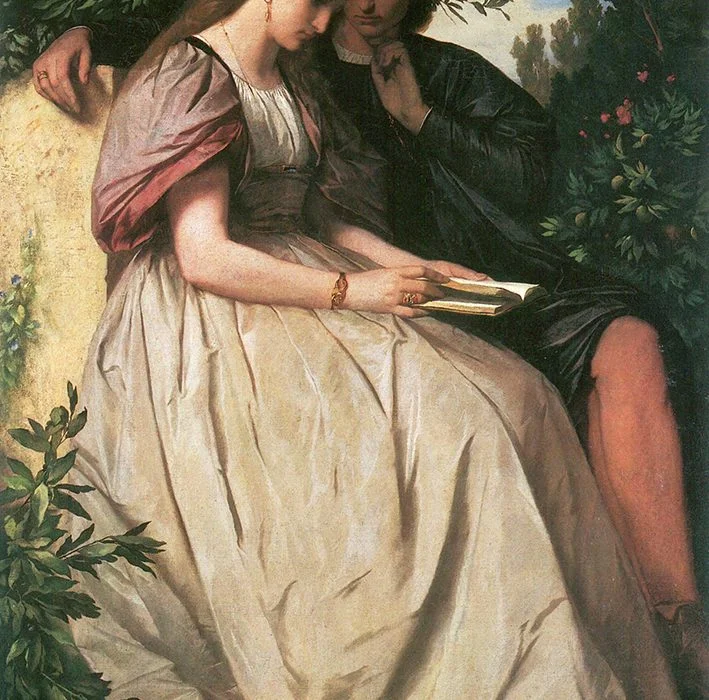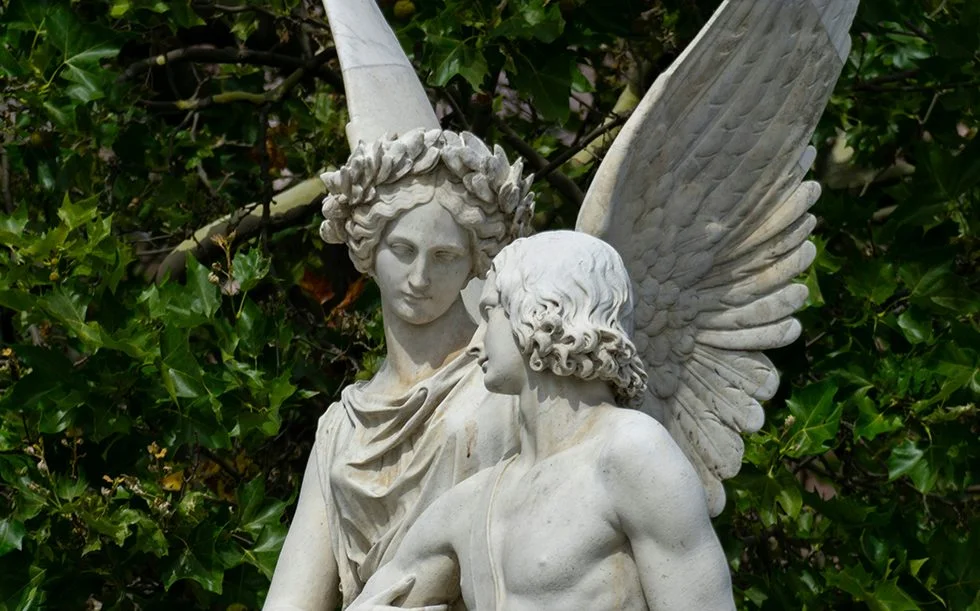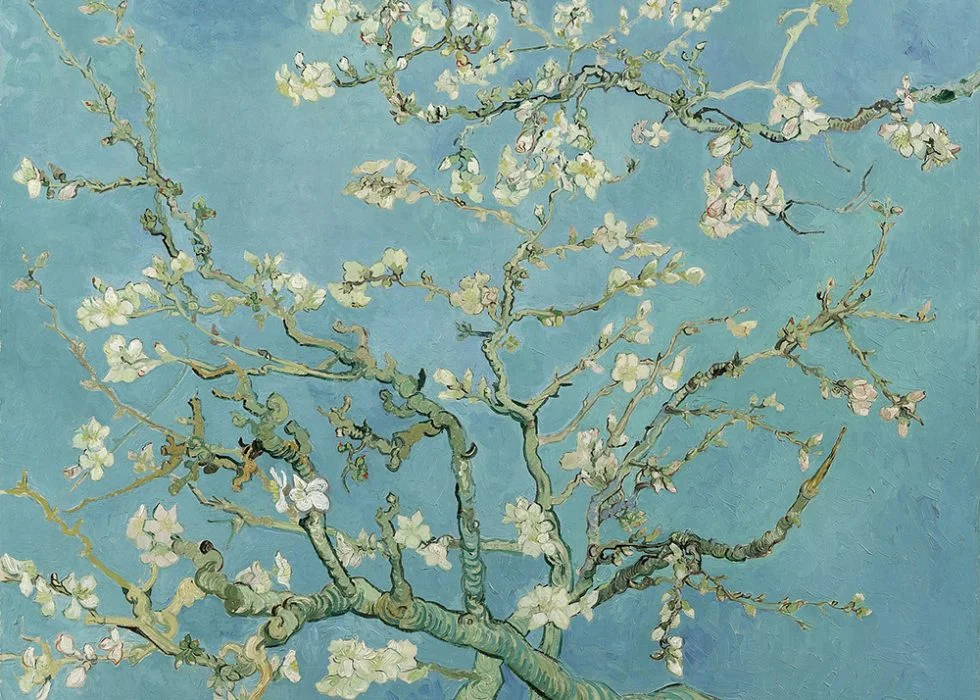Relationships • Mature Love
The Ordinariness of the Lovers Who Devastate Us
When we hear certain stories of devastating heartbreak – the kind where the longing and the suffering seem limitless – it is normal to conclude that the people at their centre must have possessed truly unusual qualities. These tormentors must surely have been paragons of beauty, intelligence, sensitivity and kindness. How else to explain the scale of the devotion they inspired and the sadness that followed their departure? Why else would the abandoned lover, an otherwise rational and purposeful individual, have spent half a decade dwelling on their vanished angel, at the expense of their work, their health and their friendships?
Until one day, we may have a chance to get a closer look at the people who provoked the romantic anguish – perhaps in a book or online, at a party or in the street – and we come face-to-face with a different and far less logical picture. This lover, the object of Olympian grief – this Penelope or Hercules, Juliet or Zeus – may strike us as having very little in common with the divinity we had imagined. Could it really have been for this humdrum, routine example of a human being, this perhaps shifty, coarsely spoken, tin-eared character, this mean-spirited and banal mind, that a person lost the will to live? For this that they stopped eating and abandoned their duties, wrote impassioned poems, tore their clothes and contemplated a fall off a cliff? It sounds extremely puzzling – and almost funny.
In A Midsummer Night’s Dream, Shakespeare helps us laugh at this form of incongruous passion. Under the influence of a love potion placed on her eyelids by a mischievous spirit, Titania, Queen of the Fairies, wakes from a dream and falls in love with the very first person she sees, who happens to be a grotesque character called Bottom, a local tradesman who (as a result of another bit of magic) sports the head of a donkey. We chuckle as the lyrically spoken queen declares the brutish Bottom the finest thing ever to have lived, as she strokes his long ears, purrs at his asinine neighing and compares him to the noblest lovers of history. We laugh at an uncomfortable truth: how easily love incites us to devote ourselves to inappropriate and unworthy figures, how blindly we mistake donkeys for angels.

In Marcel Proust’s In Search of Lost Time, the central character, a sophisticated and sensitive intellectual named Swann, arrives at a moment of sober realisation. For years he pursued a vain, status-conscious, unkind woman called Odette, whom he eventually persuaded to marry him – at the cost of his work, his reputation and his friendships. Now, finally, his obsession has waned, and he is able to take a cold-hearted look at the woman at its centre, reflecting sardonically: ‘To think that I wasted years of my life, that I wanted to die, that I had my greatest love, for a woman to whom I wasn’t attracted, who wasn’t even my type!’ (It sounds still more bathetic and resonant in French: ‘Dire que j’ai gâché des années de ma vie, que j’ai voulu mourir, que j’ai eu mon plus grand amour, pour une femme qui ne me plaisait pas, qui n’était pas mon genre!’).
Why do we waste years like this? Because we are lonely, because we carry an intense longing to believe, because it is unendurable to remain clear-eyed about what other people are, for the most, part actually like.
But there may be another, more psychological and still more poignant, dynamic at work. All children are born with a love potion placed on their eyelids. When they awaken to the world under the glare of the hospital lights, they – like Titania – fall in love almost automatically with the first people they see, those whom they will in time come to call ‘Mummy’ and ‘Daddy’. These ordinary mortals ineluctably acquire something supernatural in their offspring’s minds. They will – at least in the early years – be endowed with all manner of perfections. They are felt to understand the universe, to be heroes and heroines of limitless strength and intelligence, capable of pulling off magical feats as varied as baking a chocolate tart and throwing a ball as high as a tree.
There is very little choice in this idealisation. Children don’t love their parents according to merit, rather according to need. A parent who is violent, busy, alcoholic or abusive will attract love no less – and perhaps even to a greater extent – than one who is kind, patient and attuned.
It is precisely the children who had to cope with the least worthy parents – the mothers or fathers who stood in relation to them rather as the crude Bottom did to Titania – who are especially prone, in later life, to lose their hearts to roguish figures. It is as if their childhoods trained them to make creative excuses for their own maltreatment, to hold on to a belief in a more or less endurable and moral world. It is easier for them to hate themselves than to accept that their own parents might have done them an injustice. With time, a child who had no alternative but to love a mother or father who did them ill may grow up into an adult particularly susceptible to ignoring signs of unkindness in their partners. Love may not feel real or true until it is bound up – as it was at its point of origin – with exploitation and suffering.
It may be for this reason that many of us reserve our greatest and most obsessive loves not for people who are particularly marvellous, but for people who feel, first and foremost, extremely familiar – familiar in their degrees of shallowness, absence or vulgarity. With luck, we will in time wake up from our slumbers and realise, in the cold light of dawn, with a great deal of self-compassion, that we may for a while now have been cradling not an angel but a donkey.

























